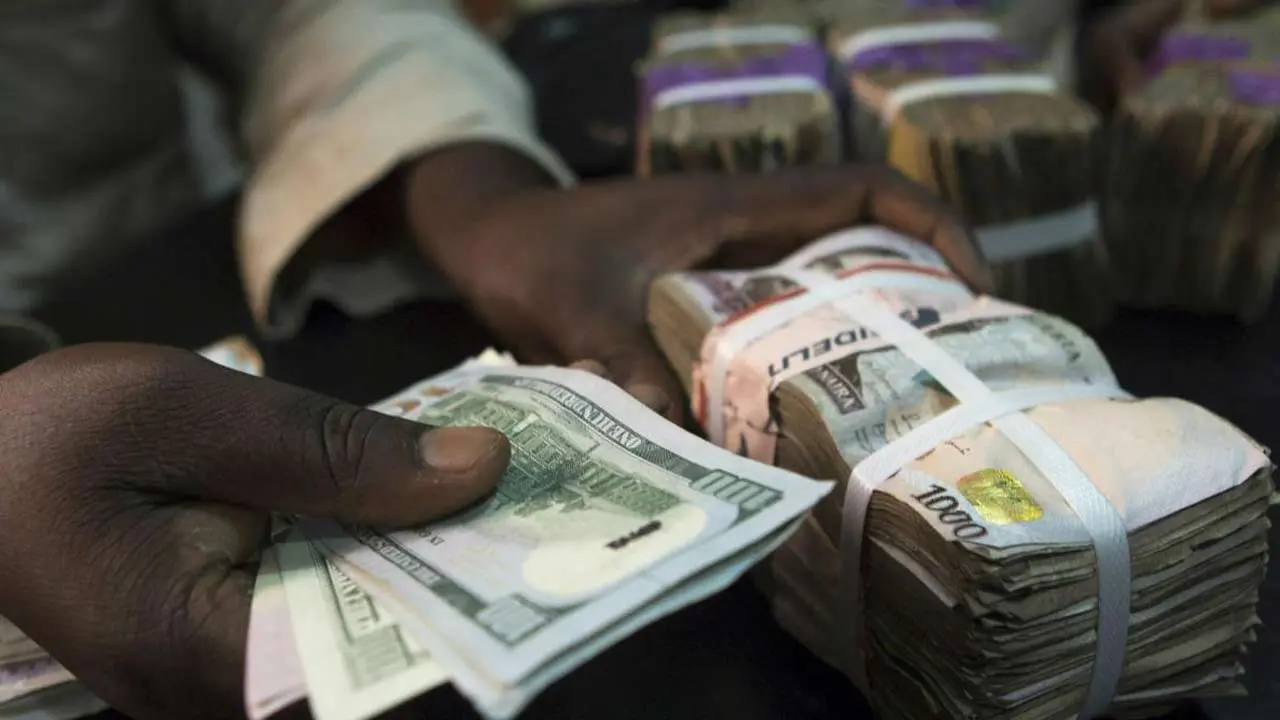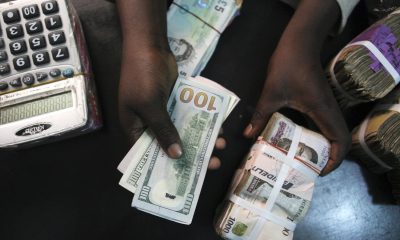Market Fundamentals show despite the $2.2 billion facility from the African Import Export Bank (AFREXIMBANK), the naira is still under pressure due to the rising demand for the dollar.
The naira declining trend continues despite recent efforts by the Central Bank of Nigeria (CBN) to support the foreign exchange market through interventions, raising worries about possible effects on the overall economy.
Although the dollar was quoted at N1,435.53, which was higher than the N1,461.90 reported on Thursday at the Nigerian Autonomous Foreign Exchange Market (NAFEM), according to statistics from the FMDQ, it still traded near its all-time low
However, the amount of dollar transactions, or the daily turnover of the foreign exchange on Nigeria’s official market increased from $156.86 million on Thursday to $440.13 million on Friday.
The U.S. dollar index surged to a seven-week high on data indicating that companies added significantly more jobs in January than anticipated, decreasing the likelihood of Federal Reserve interest rate cuts shortly.
READ ALSO: Naira: comedy inside a tragedy
Last month, nonfarm payrolls climbed by 353,000 in the United States, exceeding economists’ projections of a gain of 180,000. The average hourly wage grew by 0.6% following a 0.4% gain in December.
ABCON President Aminu Gwadabe highlighted that though the $2.2 billion Afrexim Bank crude prepayment facility was a welcome development, given the current circumstances, he wasn’t optimistic that such would be enough to stimulate the market. “For example, if we put $2.2 billion into the market, we have been seeing demand in the I&E window alone, ranging from $150 million to $250 million daily, so the $2.2 billion will be exhausted in ten days.”
Within the week, the CBN expanded the regulatory framework by removing the ceiling on the allowed amount based on the closing rate of the previous day for International Money Transfer Operators (IMTOs). With this modification, IMTOs have more freedom to choose how much to convert to currencies.
The action came after Nigeria’s apex bank announced restrictions on banks’ foreign exchange holdings, citing worries about the escalating foreign exchange exposures on their balance sheets because of the local currency’s depreciation vs the US dollar.
AdvertisementEven after Fed Chair Jerome Powell stated on Wednesday that a rate decrease in March was improbable, the dollar has been weakening in recent days in tandem with declining Treasury yields.

 Featured5 days ago
Featured5 days ago
 Aviation1 week ago
Aviation1 week ago
 News4 days ago
News4 days ago
 Business3 days ago
Business3 days ago
 Featured1 week ago
Featured1 week ago
 Crime5 days ago
Crime5 days ago
 Covid-194 days ago
Covid-194 days ago
 Health & Fitness4 days ago
Health & Fitness4 days ago














